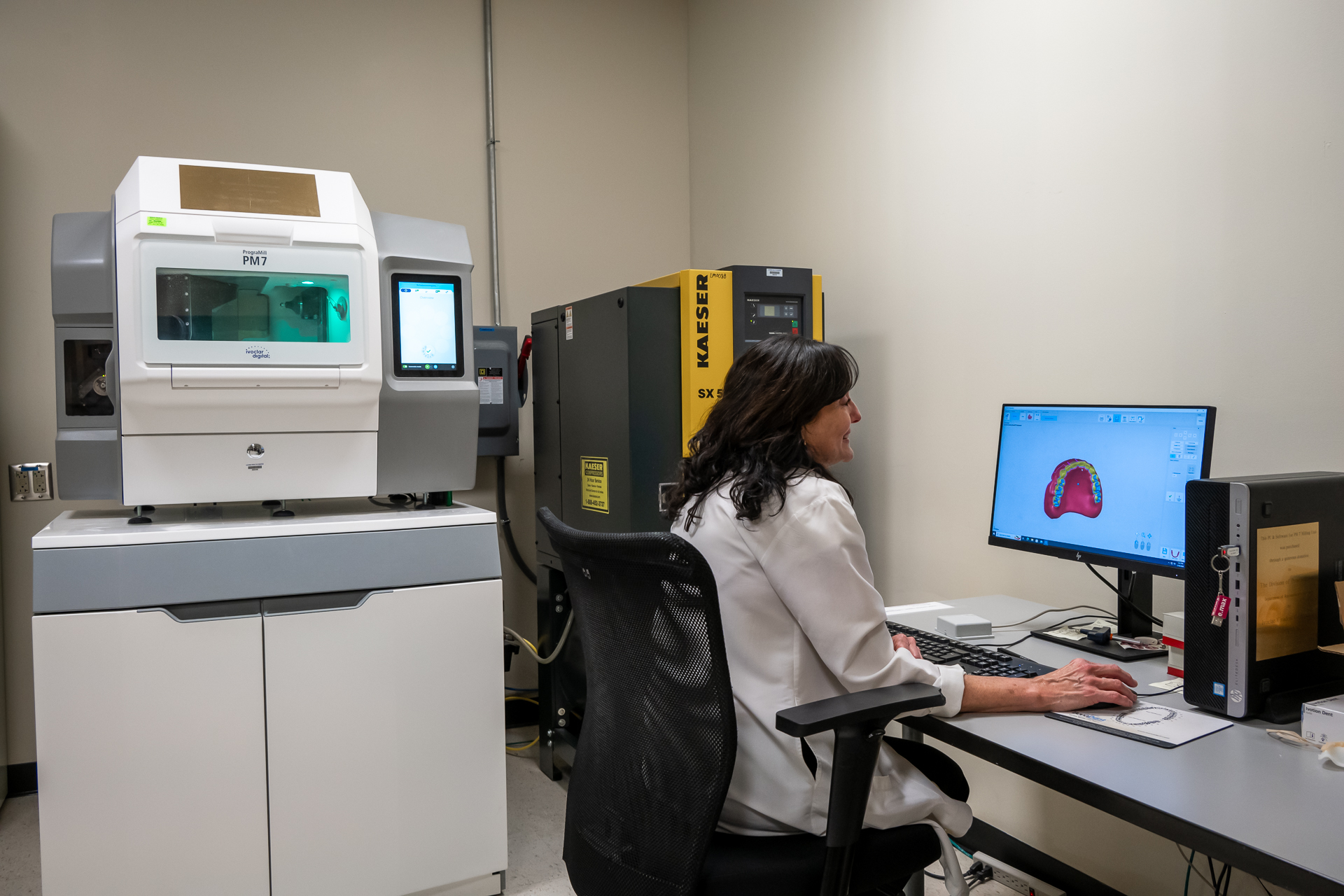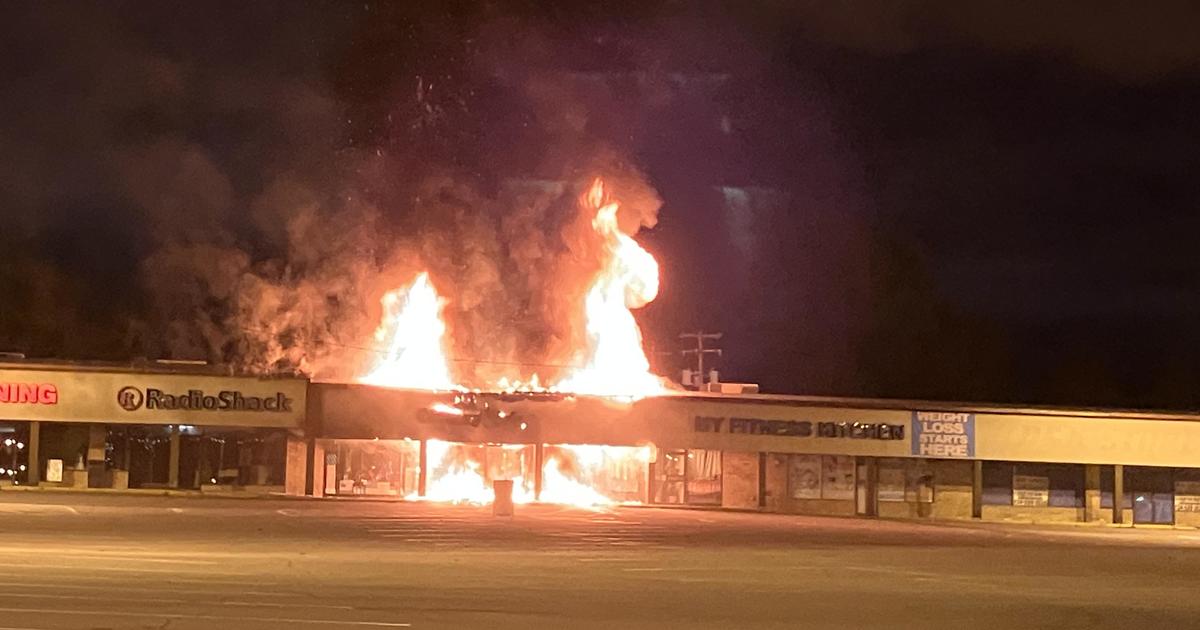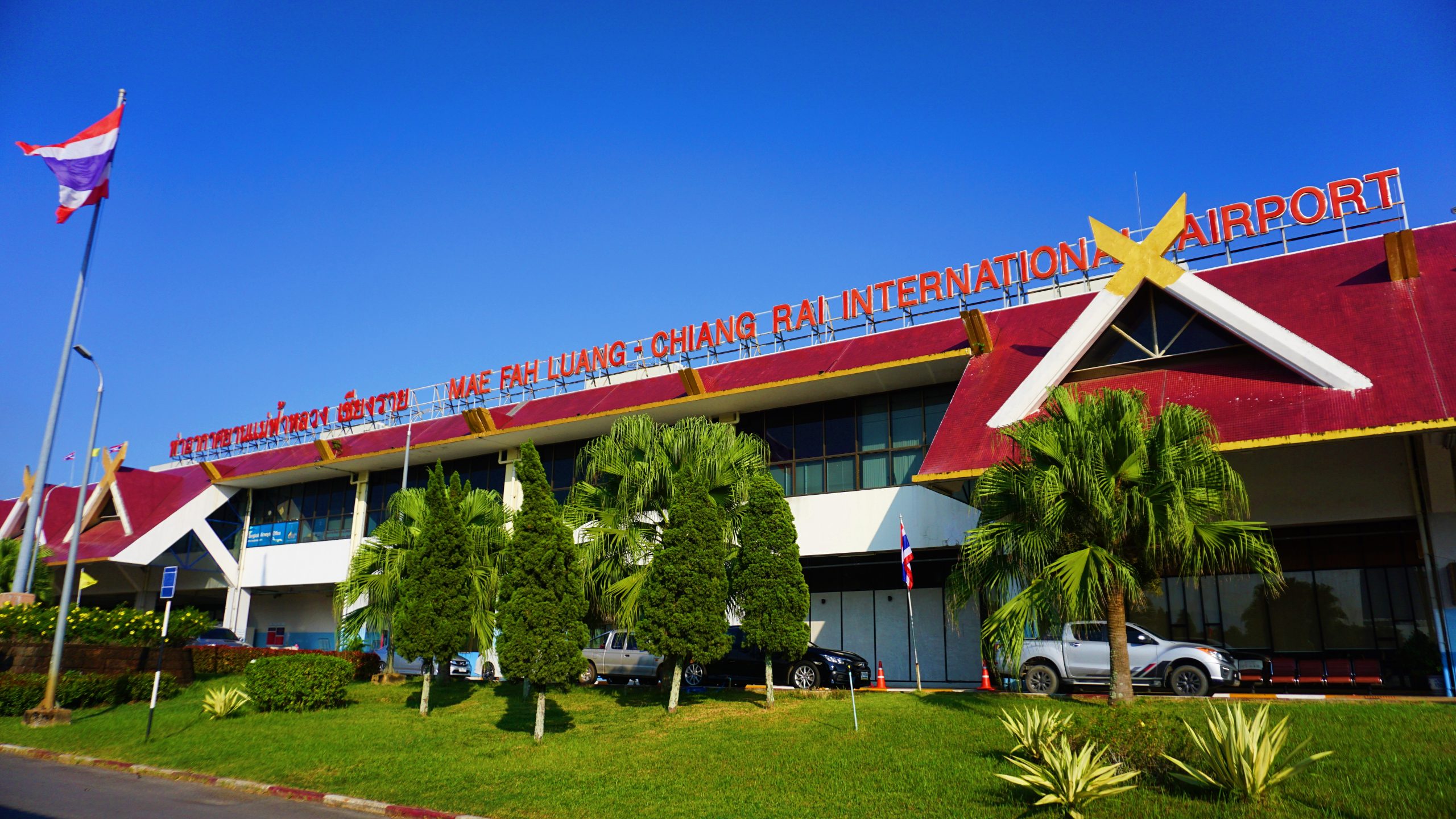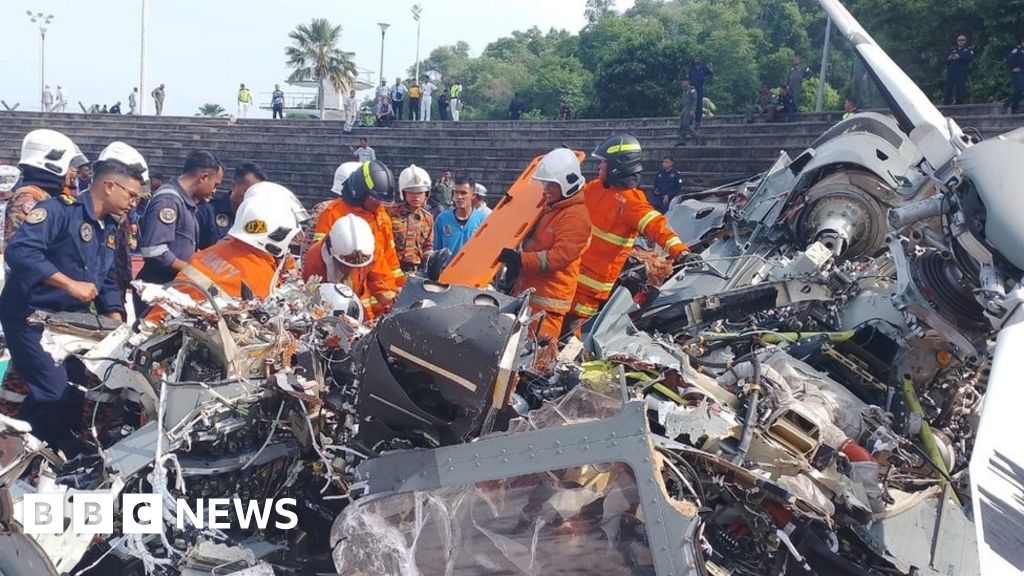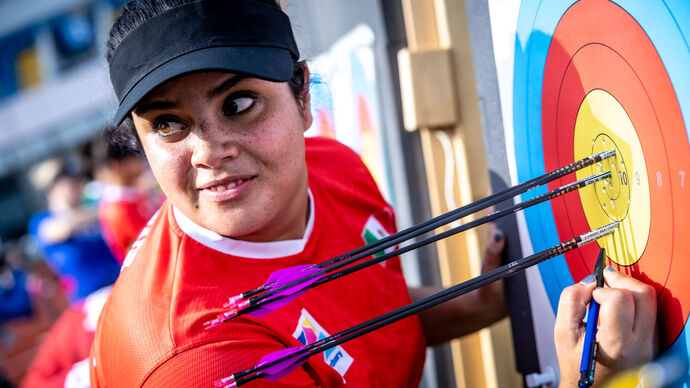The advancements in digital technology have significantly improved the field of dentistry, particularly in...
In a recent interview with GQ magazine, Jerry Seinfeld expressed his belief that the...
Ella Gibson held the 715-point world record in archery competition, but Becerra fell short...
Nureva, a leading provider of intelligent audio solutions, has recently been granted three additional...
The Latrobe 30 Shoppes in Unity Township, Pennsylvania was severely damaged by a massive...
As the General Manager of Hartsfield-Jackson Atlanta International Airport, Balram Bheodari has proven himself...
On April 23, 2024, at 09:50 local time in Lumut, Malaysia, a tragic accident...
At the Hyundai Archery World Cup season opener in Shanghai, Mexico’s Andrea Becerra had...
In a significant development for NASA, the Voyager 1 probe has started sending usable...
The Warehouse 4 Sports pickleball courts project in Pensacola is moving forward with an...
